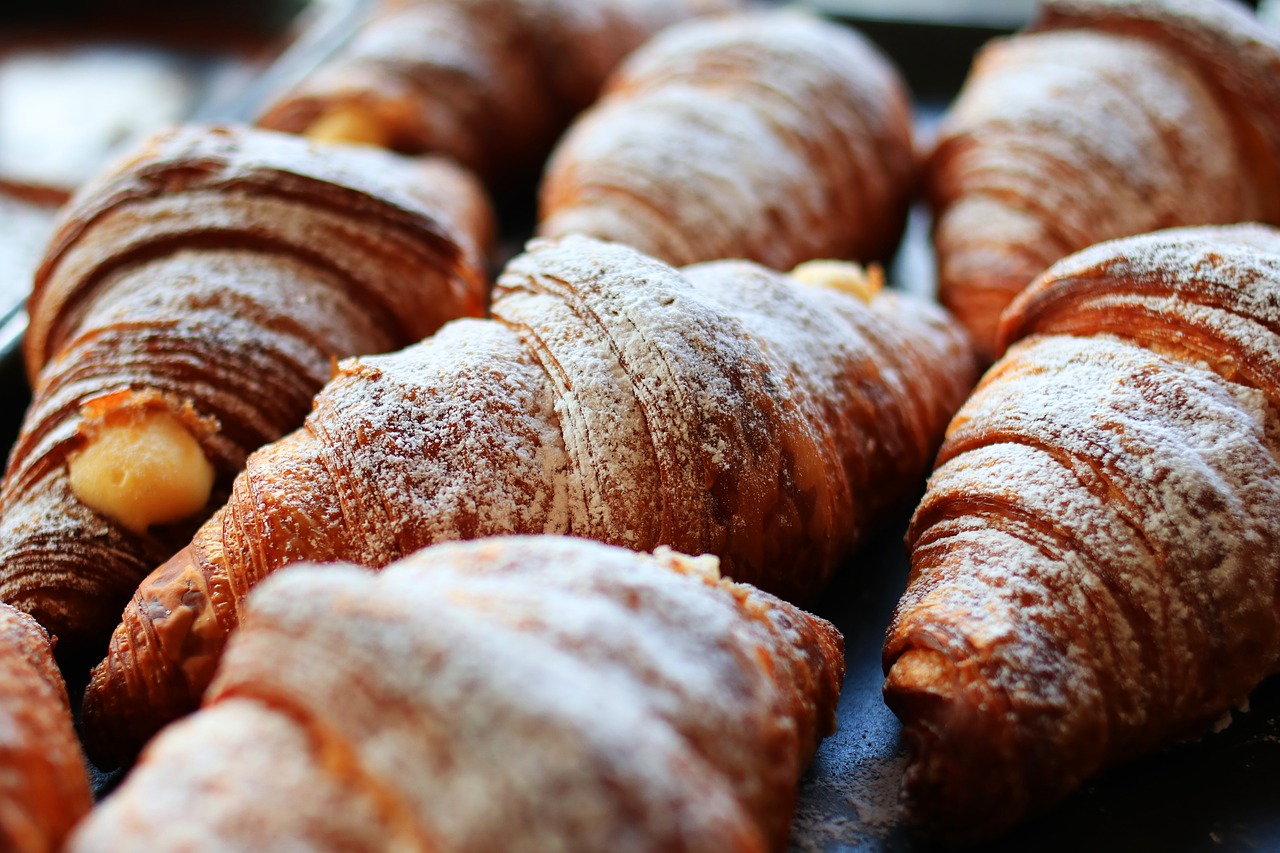A study, published in the journal Nature Communications, shows how the art of croissant making has inspired researchers from Queen Mary University of London to find a solution to a sustainable energy problem.
Croissants are made by pressing and folding dough to create a layered pastry. The researchers applied this technique to a dielectric capacitor, which is a device that stores energy like a battery.
By pressing and folding a polymer film capacitor — a capacitor with an insulating plastic film — they were able to store 30 times more energy than the best-performing commercially available dielectric capacitor, biaxially oriented polypropylene (BOPP).
Dr Emiliano Bilotti, lead researcher of the study from Queen Mary University of London, said: “Storing energy can be surprisingly tricky and expensive and this is problematic with renewable energy sources which are not constant and rely on nature. With this technique we can store large amounts of renewable energy to be used when the sun is not shining and it is not windy.”
Dielectric capacitors typically have ultrahigh power density, which makes them suitable for high power and pulse power technologies that require accumulating energy over a period of time and then releasing it very quickly.
However, dielectric capacitors are limited by the low amounts of energy they can currently store, unlike batteries and electrochemical capacitors. This research study tackles this limitation.
(Source: Science Daily)






